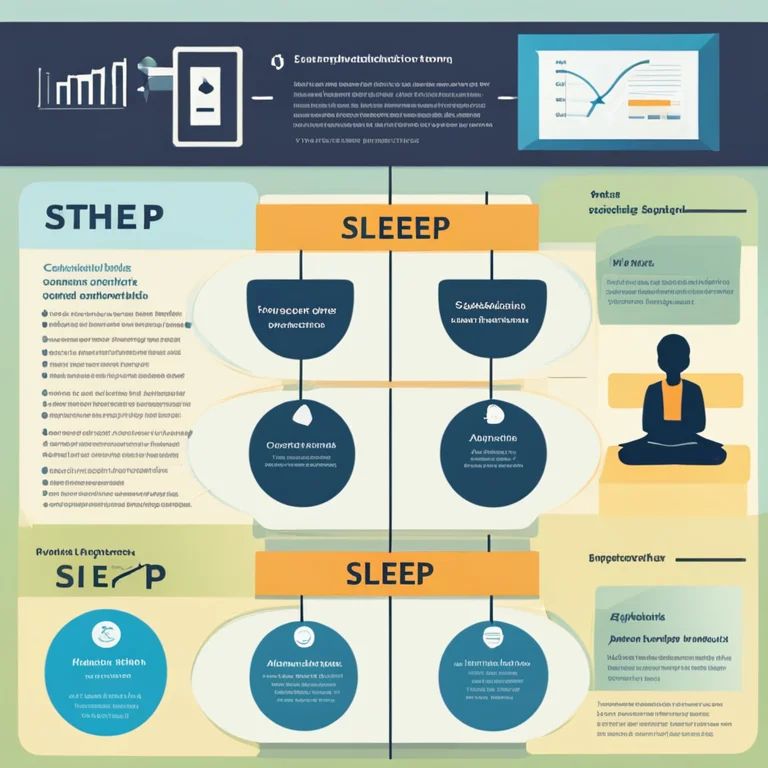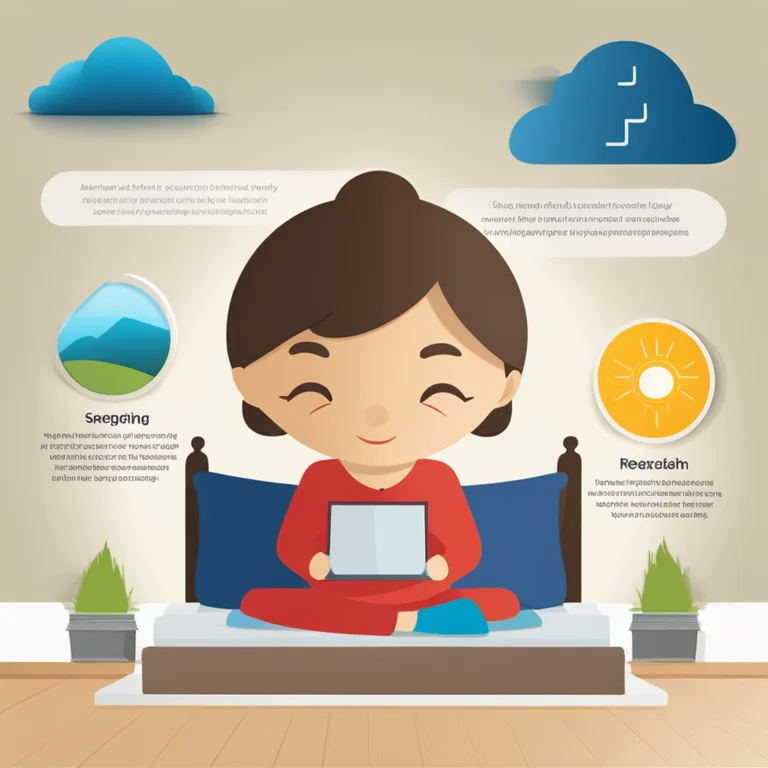
Can Meditation Serve as a Sleep Alternative?
Exploring if meditation can stand in for sleep, its effects on rest, and the current understanding of sleep and mindfulness practices.
article by Hina Kurosawa
Introduction to Sleep and Meditation
Meditation has long been celebrated for its calming and restorative benefits, often being recommended as a complement to traditional sleep. With our lives growing increasingly hectic, optimizing the time for rest has become a priority for many. In this context, a question arises: can meditation serve as a sleep alternative? This article delves into the latest insights on the relationship between meditation and sleep, clarifying the extent to which mindfulness can replace traditional slumber.

The Science Behind Sleep
Sleep is an essential biological function that allows us to restore our mental and physical health. The science of sleep has advanced considerably, with evidence demonstrating that during sleep, important processes occur such as memory consolidation, hormonal regulation, and cellular repair. Sleep has several stages, each vital for different aspects of health. Deprivation of sleep can lead to negative consequences, including impaired cognitive function, mood swings, and increased susceptibility to illnesses.

Meditation's Effect on the Body
Meditation, on the other hand, is a state of deep peace that occurs when the mind is calm and silent. It's known to trigger the relaxation response, a physiological process that decreases the activity of the sympathetic nervous system, leading to lowered stress levels and enhanced overall well-being. Meditation has been shown to improve attention, decrease anxiety, and promote emotional health. However, does it affect the body in the same way sleep does?

Comparing Meditation and Sleep Functions
While meditation can rejuvenate the mind and may reduce the need for rest by easing stress and improving relaxation, research indicates that it does not replicate all of the restorative functions of sleep. Meditation does not cycle through the same stages as sleep, meaning it cannot replace sleep's physiological benefits entirely, especially those related to deep REM sleep, crucial for emotional regulation and learning.

Can Meditation Supplement Sleep?
Although meditation cannot replace sleep outright, it can potentially improve sleep quality. For people struggling with sleep-related issues like insomnia, incorporating meditation can help facilitate quicker and more restful sleep. Notably, a meditation practice can lead to a reduced need for sleep in some individuals by enhancing the efficiency of the sleep they do get. However, it is vital to remember that while supplemental, meditation is not a substitute for sleep.
The Verdict on Meditation and Sleep Replacement
In conclusion, despite meditation's profound benefits, it is not a viable substitute for sleep. Both practices serve their unique and necessary functions in maintaining overall health and well-being. It is paramount for individuals to strive for sufficient and quality sleep while using meditation as an invaluable tool for enhancing the benefits of the rest they attain.
Published: 1/9/2024
Modified: 1/9/2024
More predictions
Come back here soon to learn more about yourself and your future


The Harmony of Meditation & Sleep
Discover how meditation enhances sleep quality and overall well-being through mindful practices and relaxation techniques.


Retreat Into Serenity: A Guide to Meditation Getaways
Discover the transformative power of meditation retreats and how they can rejuvenate your mind, body, and soul.


The Tranquil Bridge: Meditation's Impact on Sleep Quality
Discover how meditation can enhance sleep quality, weaving a path to better rest and well-being